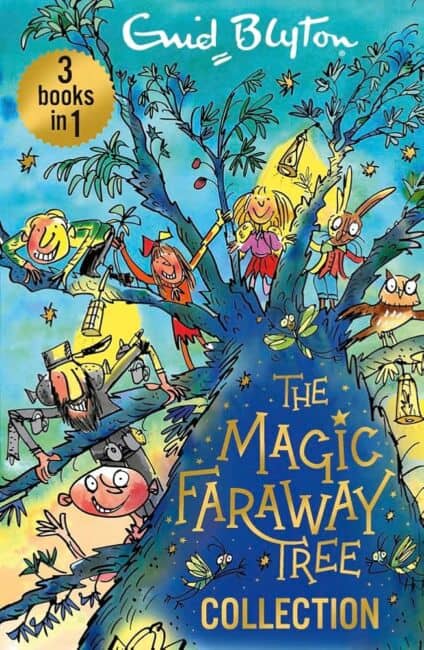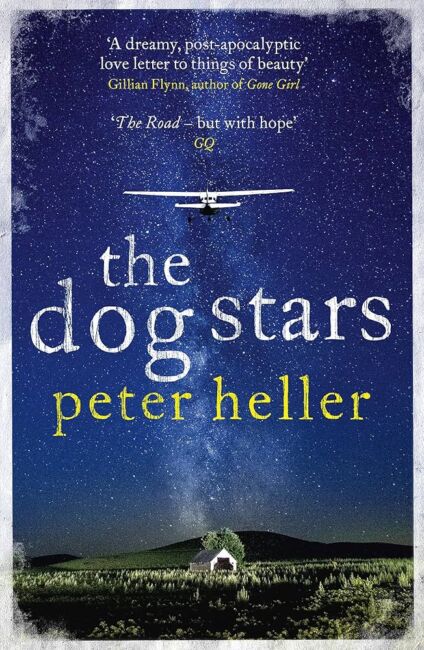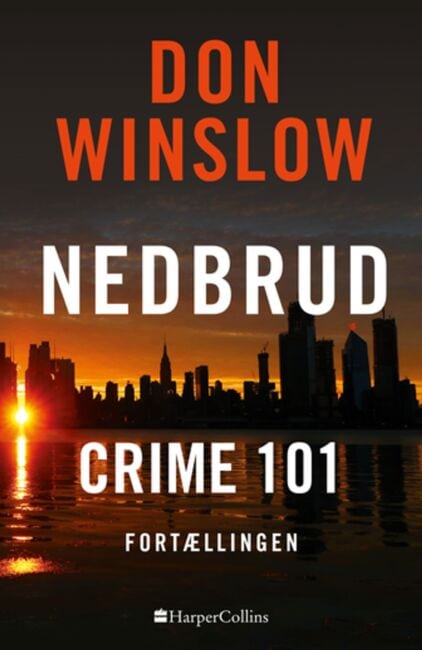How to Get Out of a Reading Slump
Try as we might, sometimes the motivation to read just won’t come.
It happens to us all — weeks can go by and nothing. Not a book or even a magazine gets read. Even if you have a stack of newly-purchased books waiting to go, sometimes it seems as though nothing can make you sit and read. If you’re in that stage right now, congratulations: you’ve reached your first reading slump.
Read on to find out what this is exactly, why it’s happening to you, and – most importantly – how to overcome it.
What is a ‘reading slump’ and why does it happen?
A reading slump simply refers to a lull in the desire to read. A slump can look like many different things, for example:
- Not being able to finish any books
- A lack of enjoyment when reading
- The inability to start a new book
- Loss of interest in reading as an activity in general
- Difficulty in concentrating and really “getting into” books
- Not feeling inspired by your TBR (‘to be read’ list)
- Feeling suddenly overwhelmed or disconnected from reading
All of these are valid forms of ‘reading slumps’. And, as with any hobby or activity, a reading slump is natural and, to some extent, inevitable. It would be impossible for anyone to keep up a pastime continuously without some fluctuations in their enjoyment of it.
So, why does this happen?

Why am I in a reading slump?
While we wish there was a scientific answer or a simple diagnosis, reading slumps happen to us all for different reasons. Start by asking yourself the following questions:
- Am I reading the same genre over and over?
- Am I reading for the wrong reasons (perhaps just to meet a quota and not to enjoy the texts)?
- Do I only read books to say that I’ve read them (be honest with yourself here)?
- Am I reading books that I enjoy? Or, do I merely read work that is popular right now or recommended to me?
- Am I trying to read too much at once? Or, am I biting off more than I can chew and getting daunted by really long books?
- Have I been reading books one after the other without periods of reflection?
- Do I give myself ‘reading time’ or do I just cram in reading between other more important activities (EG: On the train, at the doctor’s, etc)
- Am I too strict with myself? Do I give myself permission to not finish a book if I am not enjoying it?
Based on your answers, it will become clear what the problem is. You may well be reading the wrong kind of material for you. Or, if you live a busy life, you may be subconsciously ruling out reading as a ‘low-priority’ activity and therefore not giving it the time it needs.
Reading is a creative, exciting experience and needs to be approached as such. Then again, if that approach feels like too much pressure for you, try the other end of the scale: view reading as something casual to constantly dip in and out of.
How to get out of a reading slump
Now that you have an idea of why you’re in a slump, let’s explore what you can do to get out of it. Below are some of our top tips for anyone facing a reading dry spell.
1. Experiment with genres
One of the worst things you can do when you’re in a reading slump is try and fight against it. If a certain book isn’t working for you, sometimes it’s best to shelve it for now and come back to it later. Similarly, if you just can’t get into autobiography, there’s no rule that says you have to struggle on through.
Reading something completely out of your comfort zone, from a completely different section of the bookshop, is a great idea and works a bit like a palette cleanser.
If you’re tired of autobiography, why not try a poet’s collection? These usually have personal anecdotes woven in, but are elevated from heavy prose with lyrical images and, sometimes, even rhyme.
If you’ve grown to hate romance books, give fantasy a go. Fantasy books usually involve an element of romance, at least in one of the plots, but build an entire world around it, adding exciting new concepts like war, immortality, lore, and society into the mix!
Similarly, try replacing tired crime novels with non-fiction about real cases for a chilling edge. Or, if you’re altogether tired of difficult books, there are so many rewarding Young Adult novels out there.
2. Try a multimedia approach
We’ll be the first to tell you that there is a whole community of book-lovers out there waiting to inspire you. From ‘BookTok’ to book YouTubers and podcasters, the internet is filled with people’s thoughts and suggestions on books.
If you’re struggling, why not listen to a relatable reading-related podcast or watch the thoughts and reviews of others.
As for multimedia, if there’s a certain book you want to read but are struggling, why not watch the film first. There’s no shame in that! Nowadays, there are always Netflix adaptations coming out.
3. Discuss books with others
On that note, making reading a more sociable activity is always helpful. Instead of feeling like it’s you vs. the book, reaching out to discuss your reading material with friends – or even a book club – can make the experience a collective, exciting one.
This collaborative approach also works wonders accountability-wise. If it’s something you’re comfortable with, a dedicated ‘reading buddy’ (or even just reading a book at the same time as someone else) can really help motivate you to keep reading — even if only for competitive purposes!

4. Remember why you read
One thing to keep in mind is that it isn’t a race. Reading is, for many, a deeply personal activity in which lessons are learnt and a whole host of emotions are felt. If you’re struggling to reconnect with reading, perhaps take some time out to remember that.
Be kind to yourself and try to remember why you liked reading in the first place — the things it taught you and the moments that made you gasp or cry or laugh out loud. Reframing your approach to reading can be invaluable at times when you want to give it up.
5. Set yourself achievable goals
Holding the heavy weight of a hardback in your hand and opening it to the page is daunting. When you’re in a slump, 200 pages between two covers is almost a challenge.
So, instead of attempting to climb a mountain, do it in increments. Many people set themselves small goals each day or each week, EG: 10 pages a night or chapter a day. Completing these small milestones – even ticking them off a list – can feel like a huge accomplishment.
6. Try a reading challenge
Alternatively, if you’re someone who performs best under pressure, a reading challenge might be exactly what you need to get going. These are usually trending online and often themed around months (EG: ‘Read 5 Books in December’) and can be found with a bit of googling.
7. Make time for reading
One of our favourite tips will always be reading time! Life can be hectic for sure: trying to balance appointments, work, exercise, and family and social time is a lot. People often use the excuse of time to get out of getting into a good book. And to that we say, check your screen time!
For many of us, especially those in the younger generations, we spend upwards of 3-4 hours a day on our phones. Just 15 minutes of that scrolling or browsing time could be spent learning something from a book instead.
What’s more, making time for reading is always helped by making space for reading too. Having a quiet nook or cosy chair to retreat to in the evenings with a cup of tea makes you much more likely to want to read.

8. Revisit an old favourite
Still not working? Why not return to an old classic that you loved as a child, or a timeless favourite that leaves you feeling lifted and refreshed. A common misconception about reading is that we always have to be reading something new.
We don’t apply this logic to films, so why be so self-denying with books? If we’re socially allowed to rewatch Love Actually 30 times, then who’s to say we can’t read Sally Rooney’s Normal People a few times too?
9. Tear through a high-paced book
That being said, a short, sharp, shock to the system in the form of a fast-paced book is also a surefire way to jolt you back into action.
There are plenty of books out there that boast this winning formula. What we’re looking for here is an engaging page-turner that will quickly set you on the right path again — one you just can’t put down. For this, we’d recommend the crime and thriller genres, specifically books like Misery by Stephen King or Keeper by Jessica Moor to wet your appetite.
10. Read book reviews
Lastly, if you’re feeling a bit lost and are looking for direction on what to read next, it is always a good idea to keep up with the latest releases and reviews. If buying and starting to read a book without knowing anything about it first seems like too much commitment for you, why not read the thoughts others have had first.
Skimming through reviews and selecting which books you’d like to read based on them is a great way to dip in and out before settling on a title wholeheartedly. Of course, we’re a little biased on that point, though!
Keep reading with Victoria Freudenheim
Whatever you do, don’t get disheartened. Books will always be there for you when you need them most. In the meantime, why not browse through some of our reviews?
And, for more book-related content, be sure to keep up with the Victoria Freudenheim blog.




